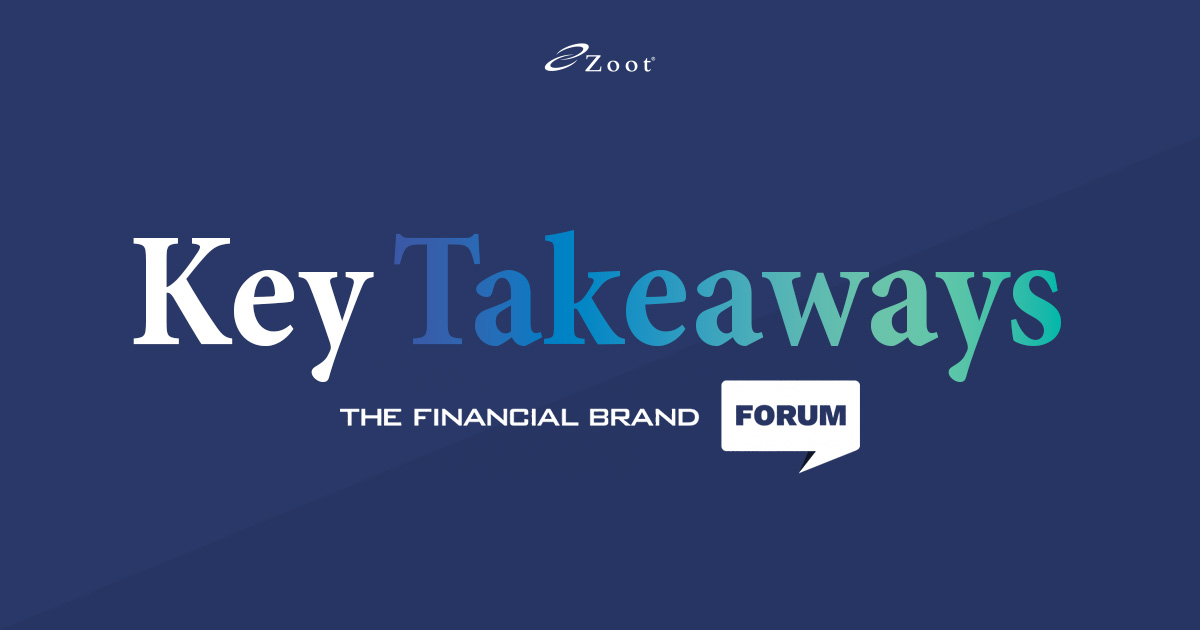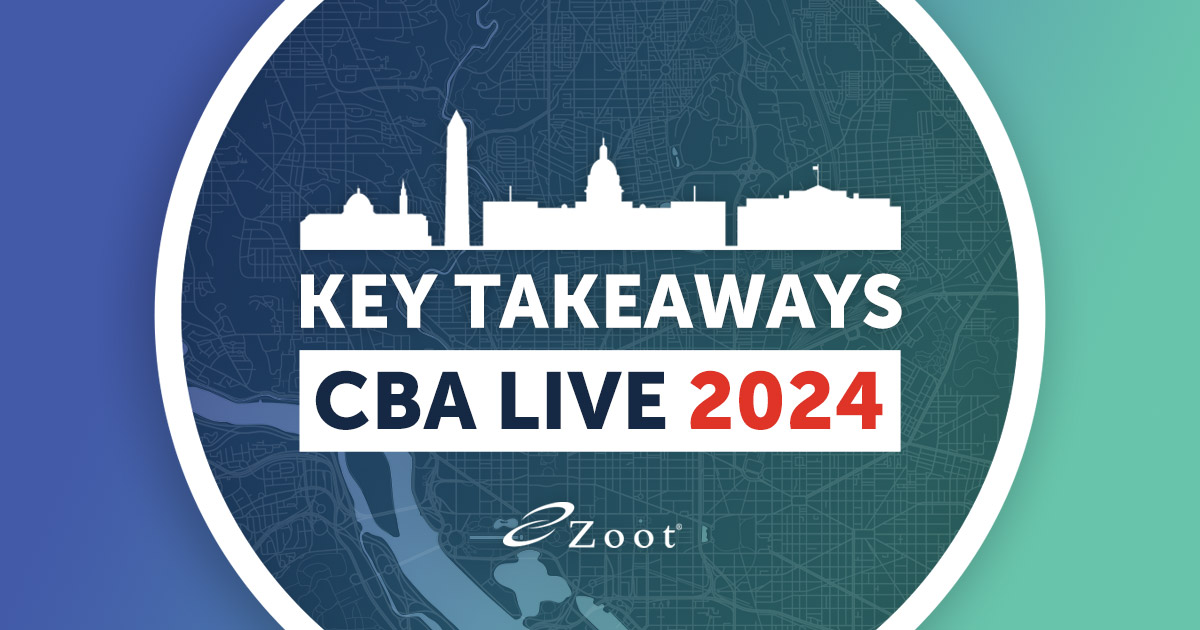The financial landscape is changing rapidly, and “auto loans are emerging as one of the hardest-hit categories of credit amid the coronavirus pandemic.”[1] Not only are US unemployment numbers at truly unprecedented levels (more than 30 million as of publication) but total auto sales have hit the brakes too, with a 39% year-over-year drop in March.[2] That reduction in sales marks “the lowest volume in March for over a decade”[3] and shows no signs of slowing.
Dangerous Curves Ahead
The auto loan market had already flashed some warning signs as 2019 came to a close. A recent article from the American Banker’s Association noted that Q4 delinquencies in both direct and indirect auto loans were rising. While the direct auto loan delinquencies were still below pre-recession levels, indirect loans “rose 13 basis points to 2.56 percent of all accounts, above the pre-recession average of 2.03 percent.”
The Federal Reserve Bank of New York noted that in Q4 2019, “[n]early 5% of auto loans were 90 days delinquent or more in the fourth quarter of 2019 — the highest 90-day loan delinquency rate in more than seven years.”[4] And a recent survey by Lightico “found that 56% of consumers are concerned about their ability to pay back loans in the coming months.”[5] Nearly 5% of auto loans were 90 days delinquent or more in the fourth quarter of 2019[/mk_blockquote][/vc_column][/vc_row][vc_row][vc_column][vc_column_text css=”.vc_custom_1588890863368{margin-bottom: 0px !important;}”]It is not just the delinquency rate that is concerning; it’s the total amount of outstanding debt held in auto loans. According to a recent Experian report, vehicle loans and leases outstanding have soared to a record high of $1.3 trillion, and auto loan balances have grown by 81% since 2009.
Compound all that news with the fact that “subprime borrowers account for 22% of outstanding automobile-loan debt”[6] and you can see why auto lenders are buckling up for what is sure to be a bumpy ride.
Lenders are Shifting Gears
Many lenders are taking proactive steps to help mitigate potential fallout from loan delinquencies. One of the first steps: offering forbearance for loan customers.
The Wall Street Journal recently reported that lenders are seeing increases in auto loan forbearance, with “the median amount of lending in forbearance reported after the first quarter … at 7.5% for auto loans” while credit cards are roughly half that. Ally Financial reported that a quarter of its auto loan customers requested forbearance, and of those “more than three-quarters have never asked for a deferral before and 70% have never had a late payment with Ally.”[7]
Other steps that lenders are taking include offering new borrowers deferred payment options, giving them up to 90 days before they have to make payments on new loans. Some are extending lease agreements and loan terms, to allow consumers more time to meet their financial obligations. But rest assured that auto lenders in general are gearing up for a significant increase in delinquencies and defaults as the economic impacts from the pandemic continue.
A Light at the End of the Tunnel?
For lenders facing the potential for loan defaults, there is seemingly little to cheer. But with a proactive, strategic approach – supported with a flexible, enterprise-level collections/recovery solution – lenders can steer through these unprecedented times.
Those that embrace digitization and automation of the collections and recovery process can set themselves up to smoothly ride through the potential wave of defaults and delinquencies. With a robust collections and recovery solution, those companies can easily adapt and iterate their collection strategies, segment portfolios and standardize their external communications.
Improving the collections and recovery process can also have a significant impact on customer experience. As this article rightly points out, borrowers are “[a]ccustomed to effortless digital services in all other aspects of their lives…[and] they expect the same from their auto lenders.” Companies that embrace an enterprise-level collections and recovery solution will be much better positioned to create seamless experiences for their customers, leaving their competitors in the rear view.
[1] https://www.wsj.com/articles/auto-loans-are-running-on-fumes-11588158000
[2] https://www.counterpointresearch.com/weekly-updates-covid-19-impact-global-automotive-industry/
[3] Ibid
[4] https://www.creditkarma.com/auto/i/default-on-auto-loan/
[5] https://www.lightico.com/blog/coronavirus-covid-19-and-the-auto-finance-industry-impact-and-solutions/
[6] https://www.marketwatch.com/story/outstanding-auto-loan-balances-just-hit-a-new-record-and-delinquencies-are-on-the-rise-should-you-be-concerned-2020-02-21
[7] https://www.bloomberg.com/news/articles/2020-04-20/ally-says-25-of-customers-have-asked-for-help-with-auto-loans





